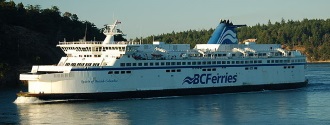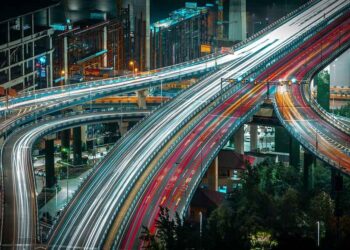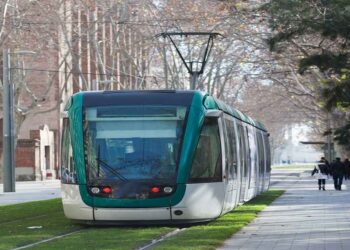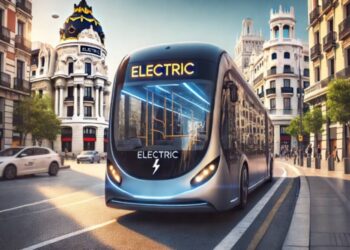Poland-based Remontowa Ship Repair Yard has secured a contract of $140m from BC Ferries to undertake mid-life upgrades (MLUs) on its Spirit-Class vessels.
Under the contract, Remontowa will upgrade both the Spirit-Class vessels into a dual fuel capacity to enable their operation on LNG.
The conversion work is expected to commence next year and is scheduled to complete in 2019.
Subject to conditions, BC Ferries has signed an agreement to procure up to $10m from FortisBC Energy as part of the Natural Gas for Transportation (NGI) incentive funding, to accommodate the capital cost of the Spirit Class vessels conversion.
BC Ferries vice-president of engineering Mark Wilson said: “The conversion of the two largest ships in the fleet along with the three new dual-fuel Salish-Class vessels currently under construction will go a long way to help with fare affordability for our customers as LNG costs significantly less than marine diesel.
“In addition to the financial benefits of LNG, BC Ferries is committed to converting to more environmentally-friendly fuel sources to improve our environmental footprint.
“By utilising LNG to fuel the Spirit-Class vessels, we expect to reduce CO2 emissions by 12,000 tonnes annually, which is the equivalent of taking approximately 2,500 vehicles off the road per year.”
The contract also includes an overhaul of rescue boats and systems for safety, marine evacuation, fire detection, and public address, as well as the installation of a local water mist fire protection system.
“BC Ferries is committed to converting to more environmentally-friendly fuel sources to improve our environmental footprint.”
The passenger area will renovated with new carpeting, renewed washroom interiors, an additional washroom on Deck 5, an expanded gift shop, and a new coffee bar on Deck 6.
Passenger elevators will be upgraded by renewing mechanical and electrical drive components, emergency communication system as well as upgrades to the electrical and control systems.
The MLUs will also enhance navigation equipment, as well as propulsion equipment including rudders, a steering system, bow thrusters and propeller blades.
Energy consumption will be reduced by introducing LED lighting and more efficient air conditioning equipment.
The first ship to undergo the MLU and an LNG conversion is BC Ferries’s e Spirit of British Columbia which will be followed by the Spirit of Vancouver Island.

































